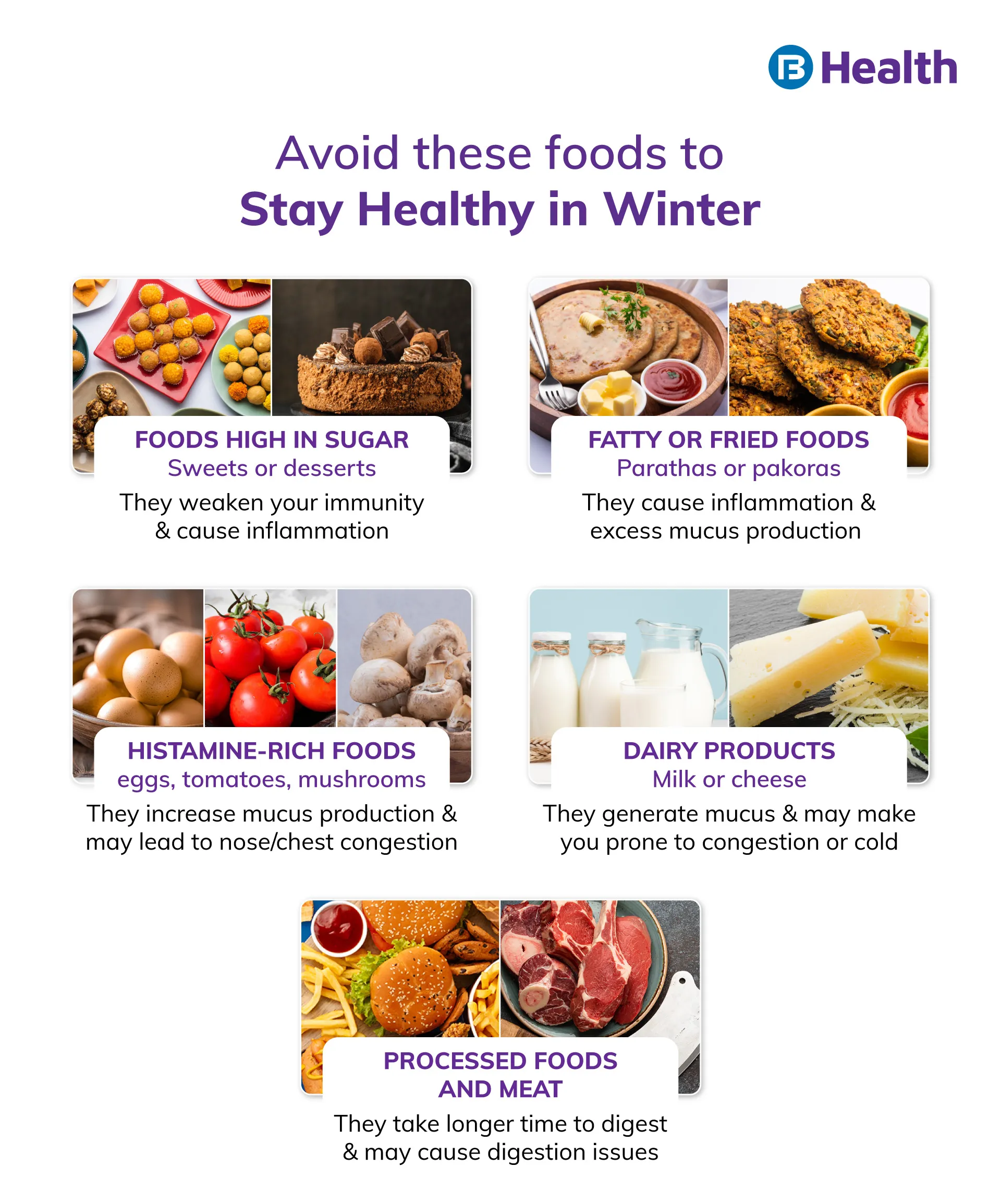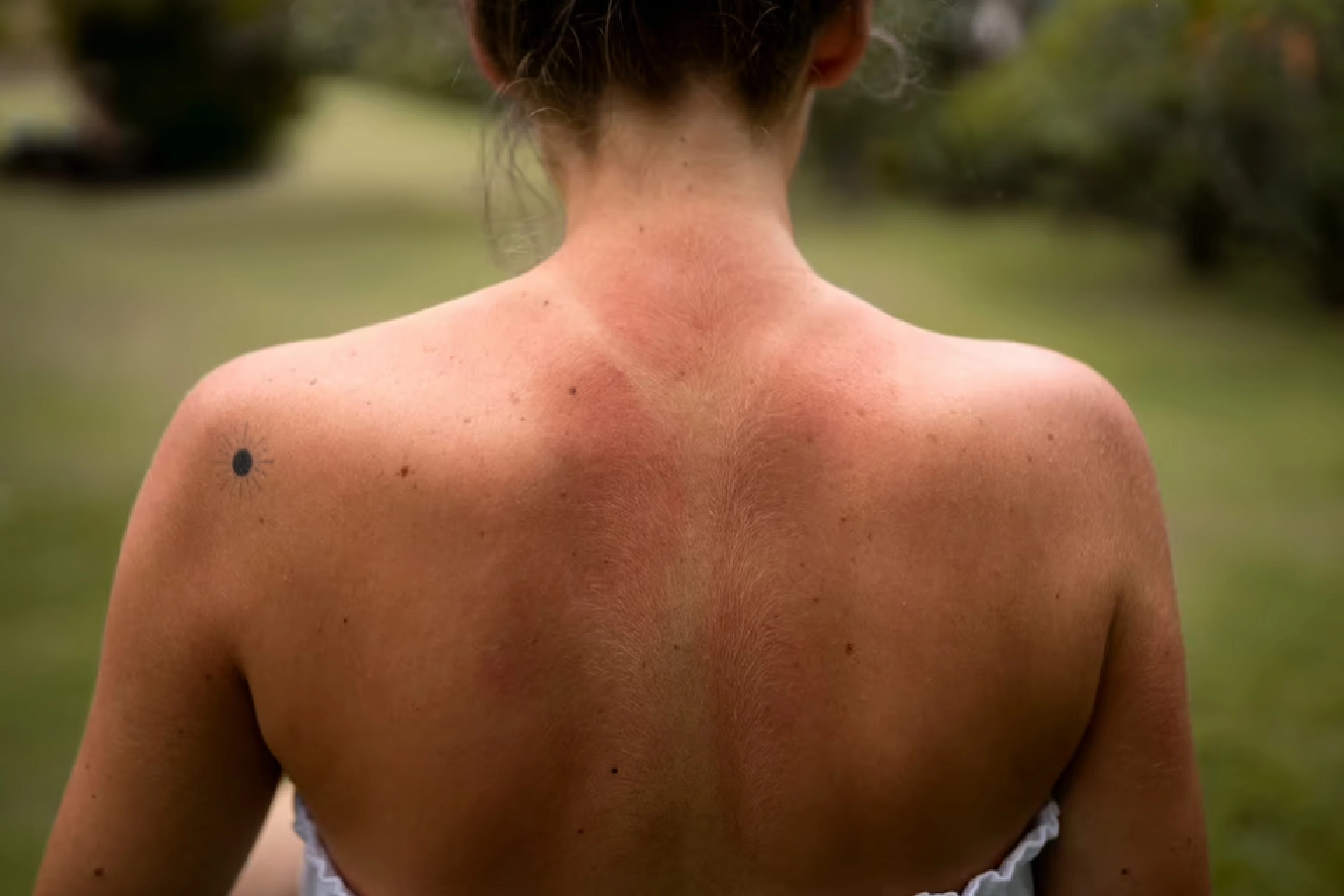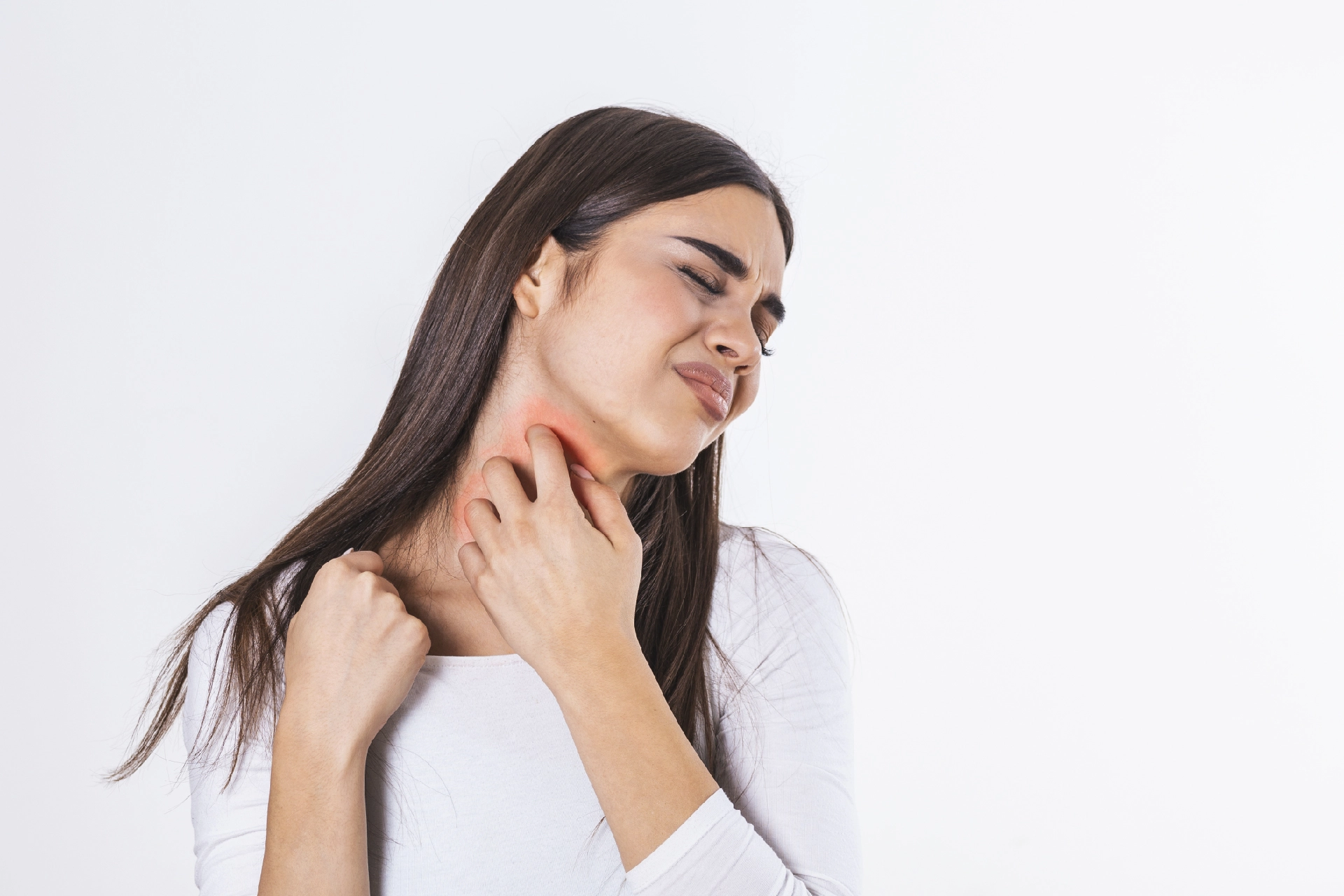Physical Medicine and Rehabilitation | 5 min read
Winter Skin Care: 10 Colorful Foods for Healthy Skin!
Medically reviewed by
Table of Content
Key Takeaways
- Winter dry skin causes include cold weather, low humidity, & lack of moisture
- Your winter skincare should be more than using right products for your skin
- Staying hydrated and eating the right foods is essential for winter skincare
With cold weather comes dry and patchy skin making it essential to consume foods that are good for your skin. Low humidity is one of the major dry skin causes as it leads to lack of moisture your skin needs to stay hydrated. Along with your winter skin care, you should eat foods that make your skin moisturized and give it a glow.
It is also important to make sure that your winter skin care includes food and products that help protect your skin from sun damage. Though the UV rays are not extremely harsh during winters, they can still cause some harm.
Read on to know more about top 10 foods to include in your winter skin care for healthy and glowing skin.
Avocados
Avocados are rich in vitamin A, C, and E that protect your skin from sun damage and help heal skin damage. They also have monosaturated fats that help your skin get adequate moisture and retain it. Avocados also boost your blood circulation which is essential for your skin health. They also have glutamine amino acid that cleanses your skin and protects it from harmful substances. All these make it necessary that you include avocado in your winter skin care diet.
Additional Read: Tips for Dry Skin ProblemsCarrots
These are one of the essential vegetable you can eat for winter skin care. Carrots are packed with vitamin A and antioxidants that help keep your skin nourished and healthy. Antioxidants help prevent scars, discoloration and wrinkles on your skin. Lycopene is also found in carrots, and it helps protect your skin from sun damage caused by UV rays.

Green tea
Green tea has abundant antioxidants that are good for your skin. They are helpful in preventing flaky skin and eliminating free radicals from your body. They also help in reducing wrinkles and fine lines. With their anti-inflammatory and antimicrobial properties, you can prevent swelling and skin irritation or rashes.
Green tea also has properties that may help prevent skin damage from UV rays such as nonmelanoma and melanoma cancer or photoaging [1]. Making a mask from green tea leaves is one of the common winter skin care homemade tips due to its multiple benefits for your skin!
Tomatoes
Tomatoes are rich in lycopene that helps prevent:
- wrinkles
- fine lines
- skin discoloration
- changes in the skin texture
It also has anti-aging properties that help your skin remain healthy and radiant. Tomatoes also boost the collagen production that helps maintain the elasticity of your skin. This makes tomatoes a popular remedy for winter skin care. When you eat cooked tomatoes, your body will better absorb nutrients like lycopene.
Broccoli
Part of the cruciferous vegetable family, broccoli is also good for your skin. It is rich in sulforaphane that helps protect your skin from sun damage [2]. It is rich in vitamin A and C that help reduce scars and maintain the production of collagen. Broccoli also has vitamin B that is good to prevent dry skin causes and reduce flaky patches on your skin.
Dark chocolate
Dark chocolate is also an essential food in the list of diet tips for healthy skin. The flavonoids present in dark chocolate are good for your skin’s glow and help protect your skin from UV damage. Due to its high calories, make sure you eat it in moderation.
Almonds
Emollients are moisturizers that help keep your skin hydrated, making them a key food for winter skin care. Almonds are natural emollients that help maintain your skin’s hydration and prevent dryness. Almonds are also a rich source of vitamin E and antioxidants. Vitamin E helps prevent damage from UV rays and antioxidants help fight the signs of skin aging.
Blueberries
Blueberries are rich in antioxidants that help eliminate free radicals from your body. Antioxidants may also help protect your skin from damage caused by harsh weather and UV rays. These properties make have blueberries one of the key winter skin care tips. Blueberries also have some compounds that help slow down skin aging.

Grapefruits
Including grapefruit in your winter skin care diet is important because it is rich in vitamin C and has lycopene. Vitamin C helps fight certain skin conditions and lycopene is good for keeping your skin smooth and protecting it from sun damage. Make sure you choose pink grapefruits for your winter diet.
Olive oil
Other than vitamin A and E, olive oil also contains fatty acids. These nutrients make having olive oil one of the easy skincare tips for winter. As a natural emollient, this oil helps keep your skin hydrated, prevent acne, and reduce the signs of skin aging. Fatty acids also help treat rough and dry skin. The antioxidants present in it help remove free radicals and prevent discoloration.
Additional Read: Top ways to Address Aging SkinApart from including these foods in your diet, you can follow these winter skin care tips to keep your skin healthy.
- Use moisturizer after every wash
- Apply sunscreen to protect your skin
- Avoid using scrubs and other exfoliants in winter
- Drink enough water
While doing your best to protect your skin from the harsh weather, you may still be vulnerable to certain skin conditions. Consult a doctor as soon as you see any signs of skin infection or disease. You can book an in clinic or teleconsultation with top dermatologists on Bajaj Finserv Health. This will help you get the right treatment at the earliest. With the right measures, you can keep your skin healthy and glowing!
References
- https://pubmed.ncbi.nlm.nih.gov/12871030/
- https://www.ncbi.nlm.nih.gov/pmc/articles/PMC2077285/
Disclaimer
Please note that this article is solely meant for informational purposes and Bajaj Finserv Health Limited (“BFHL”) does not shoulder any responsibility of the views/advice/information expressed/given by the writer/reviewer/originator. This article should not be considered as a substitute for any medical advice, diagnosis or treatment. Always consult with your trusted physician/qualified healthcare professional to evaluate your medical condition. The above article has been reviewed by a qualified doctor and BFHL is not responsible for any damages for any information or services provided by any third party.



